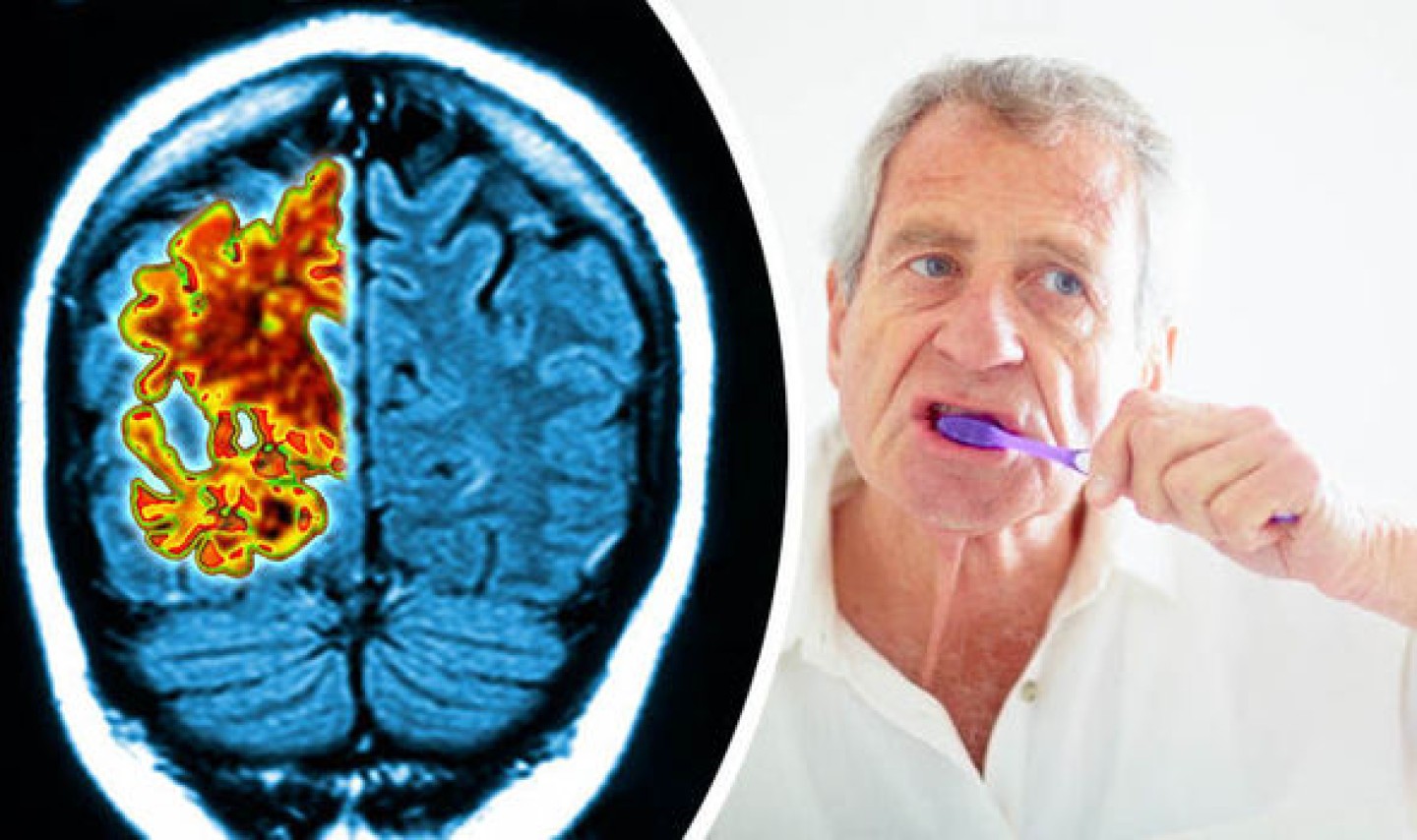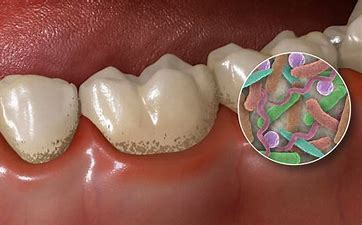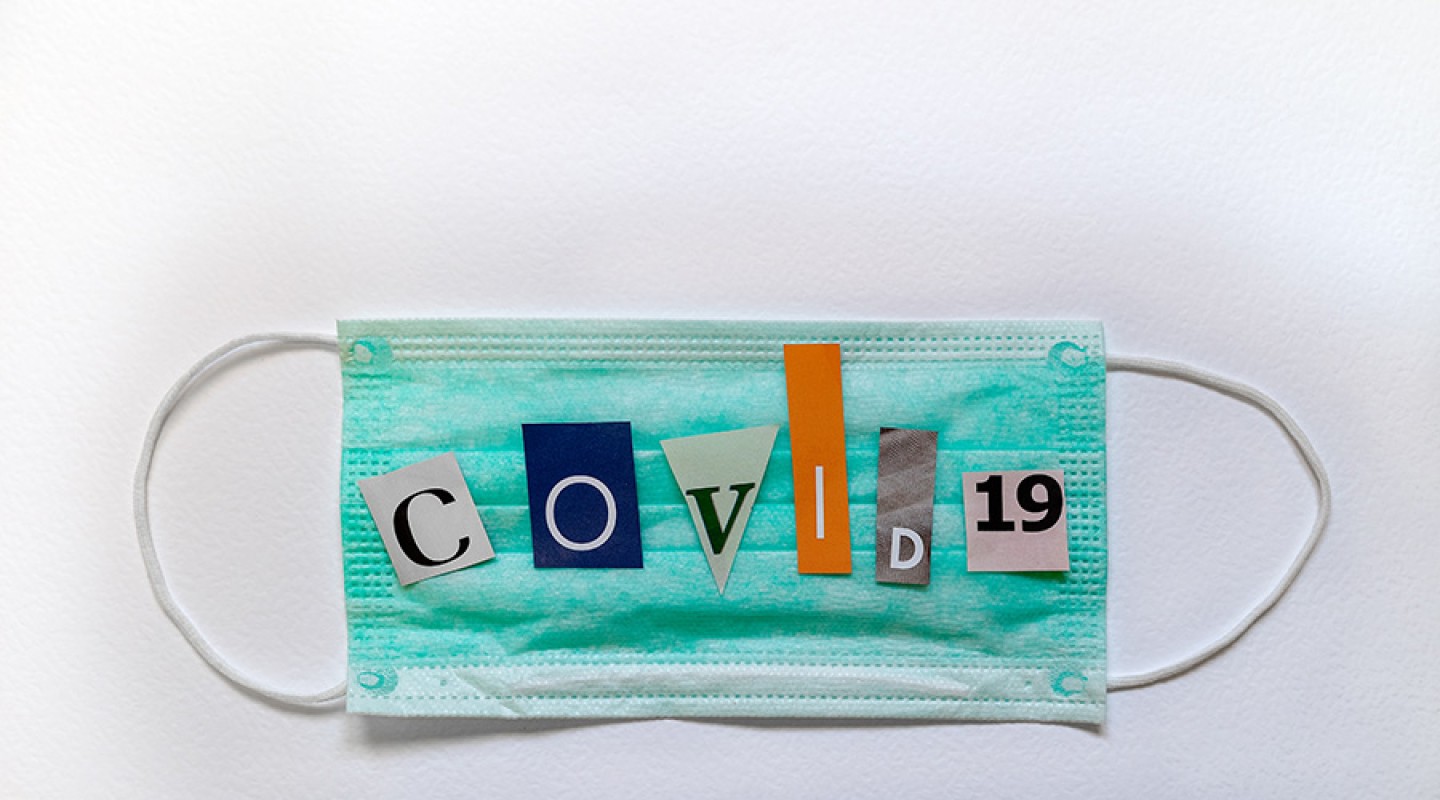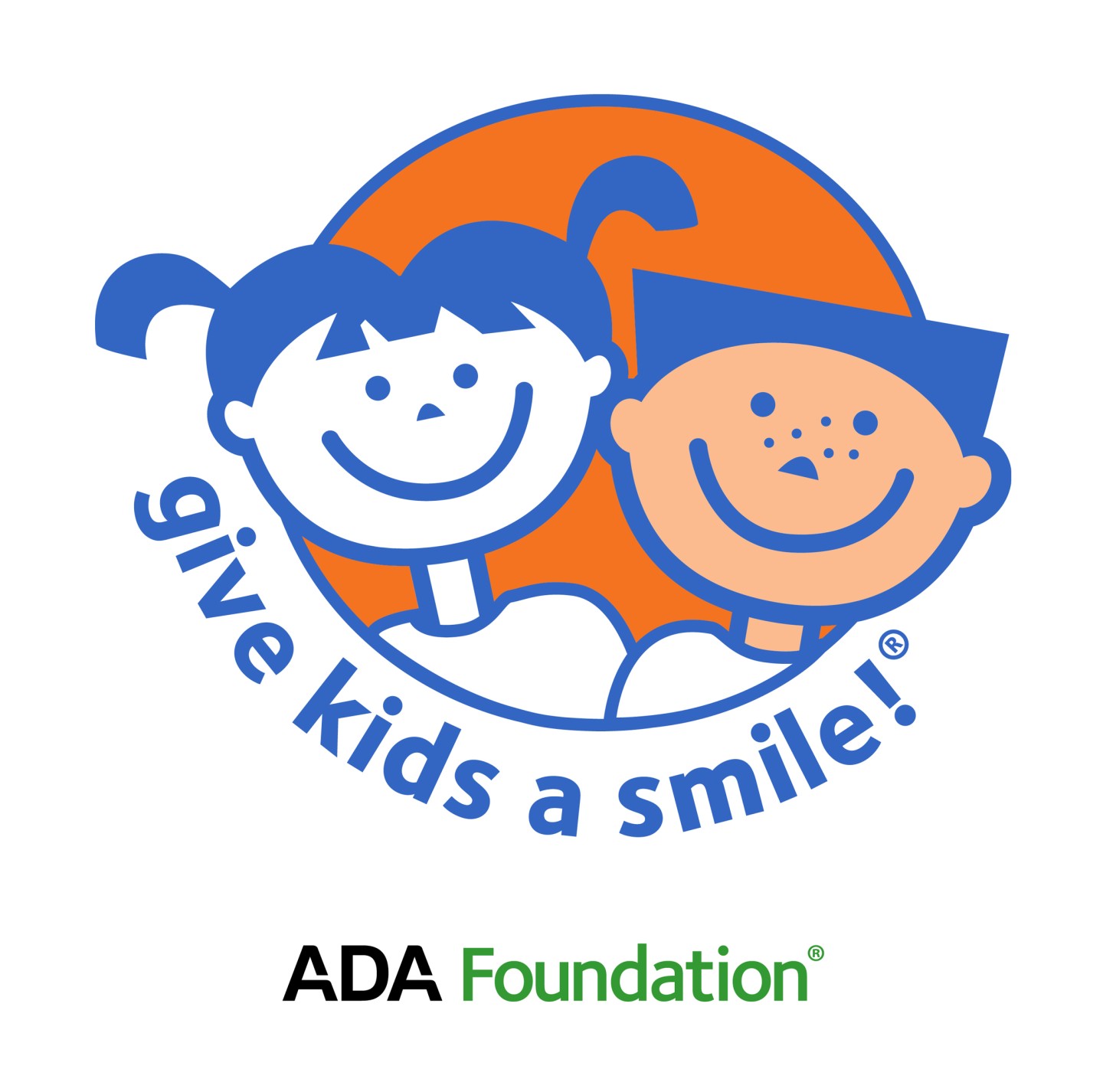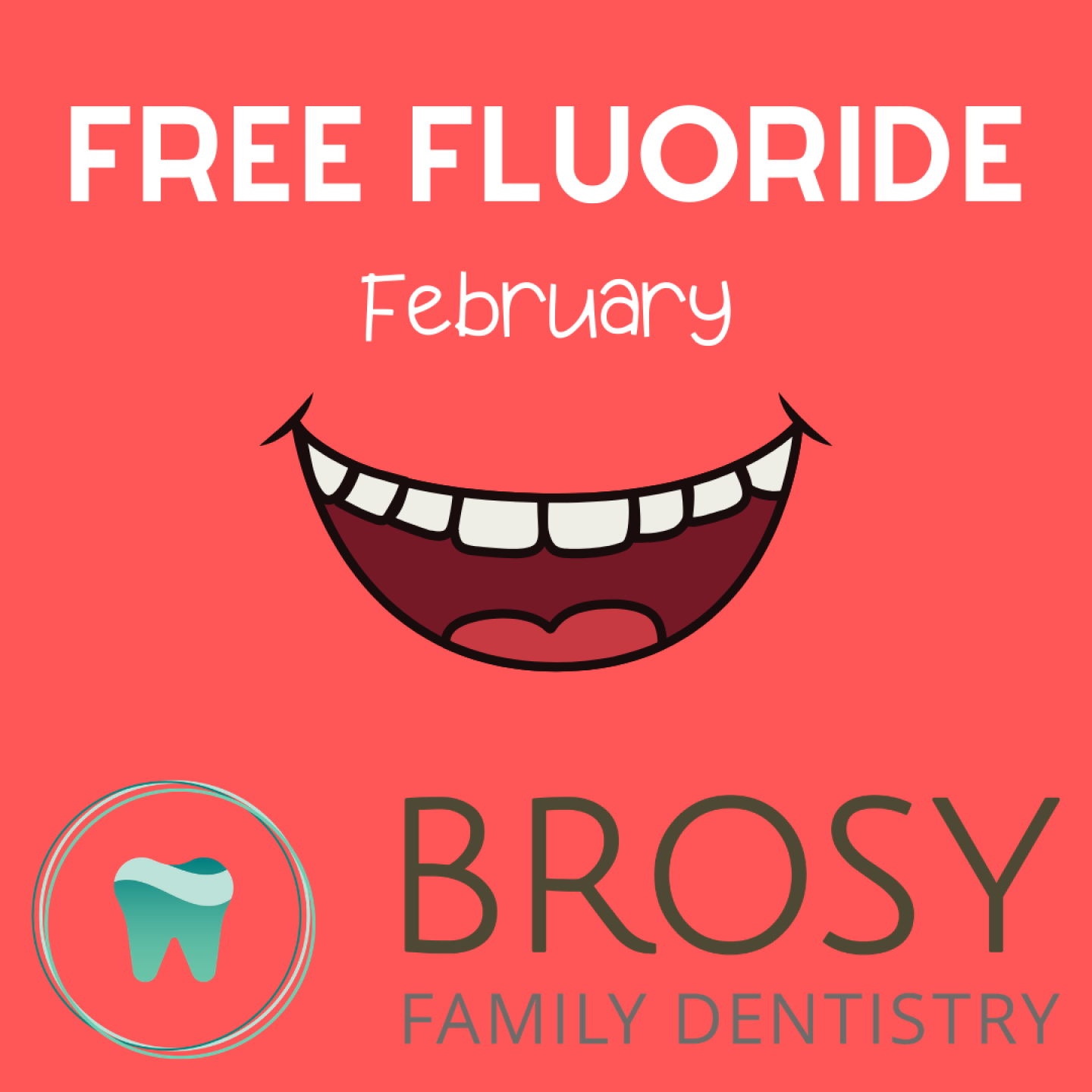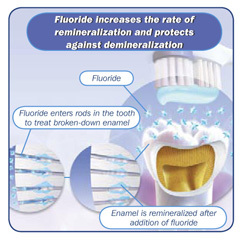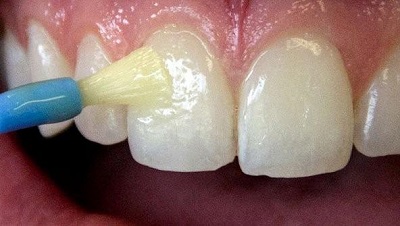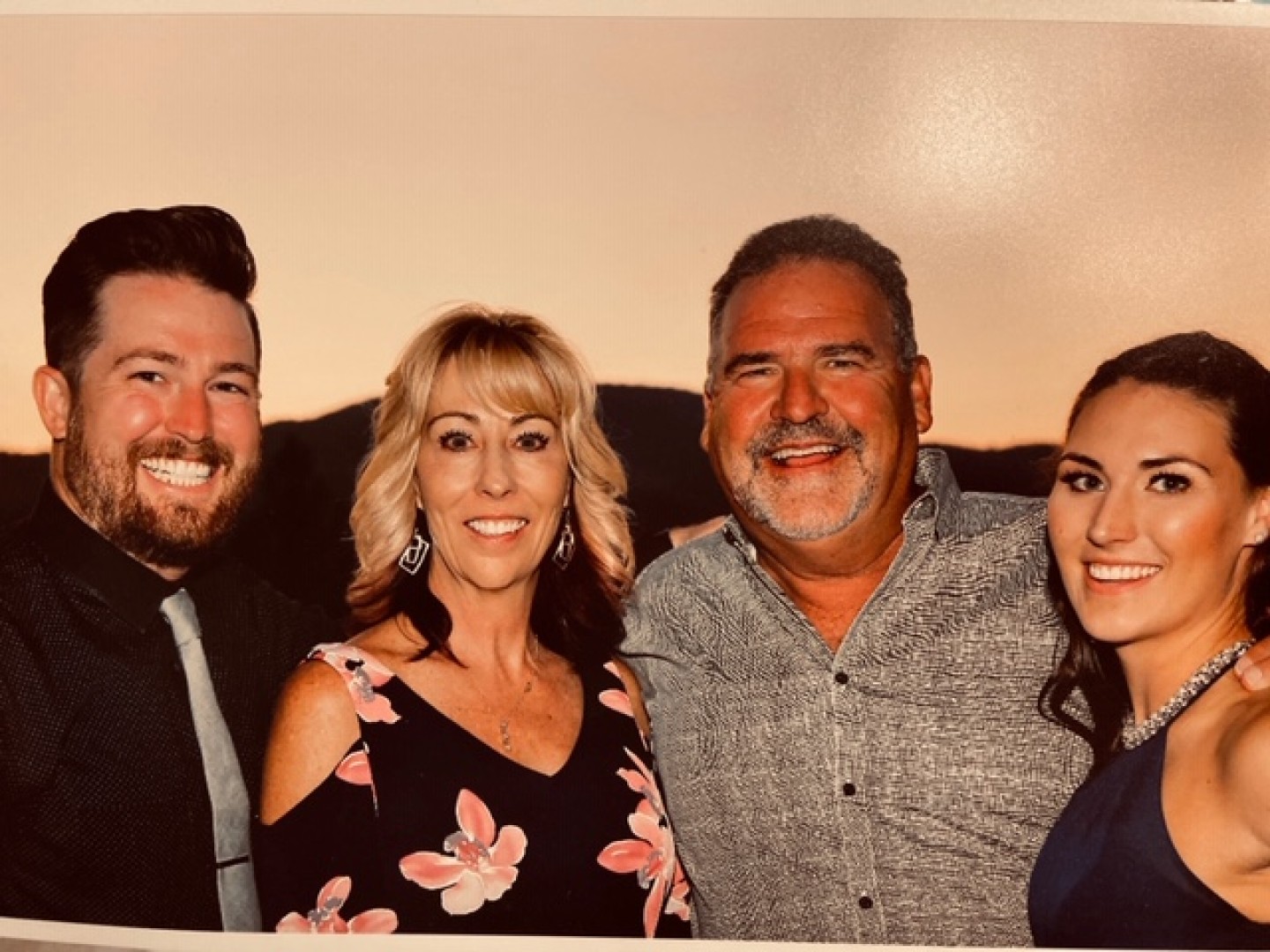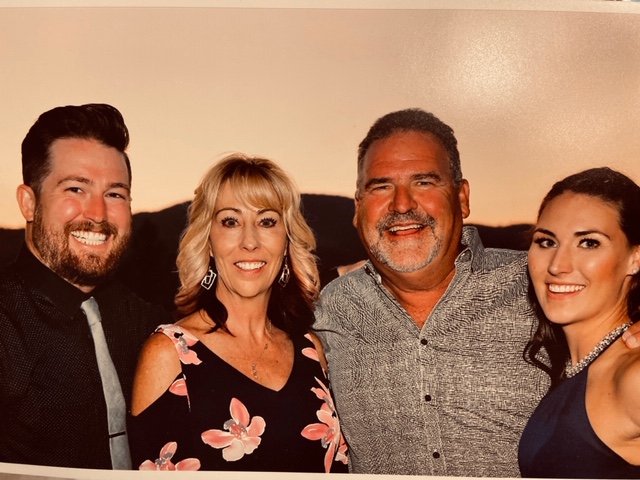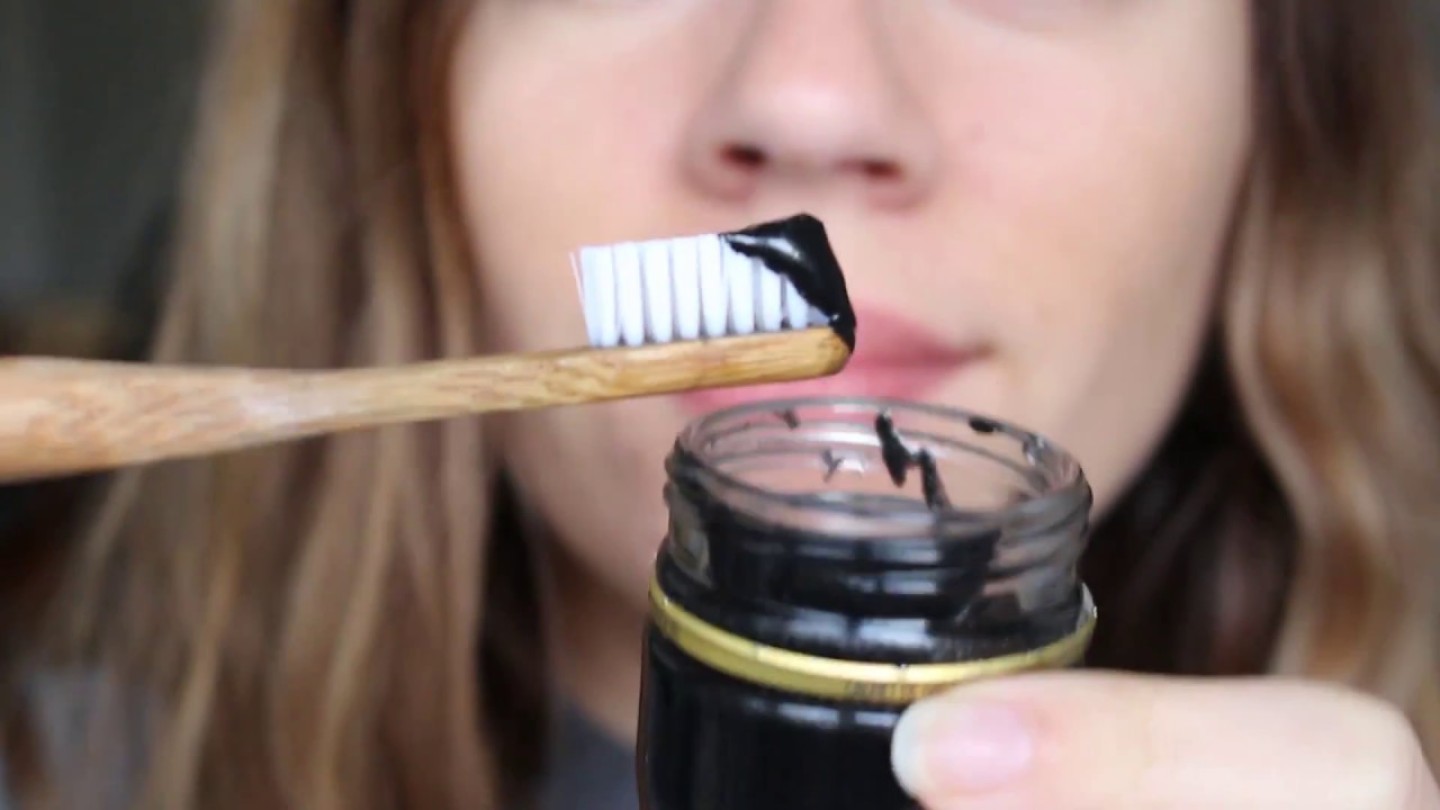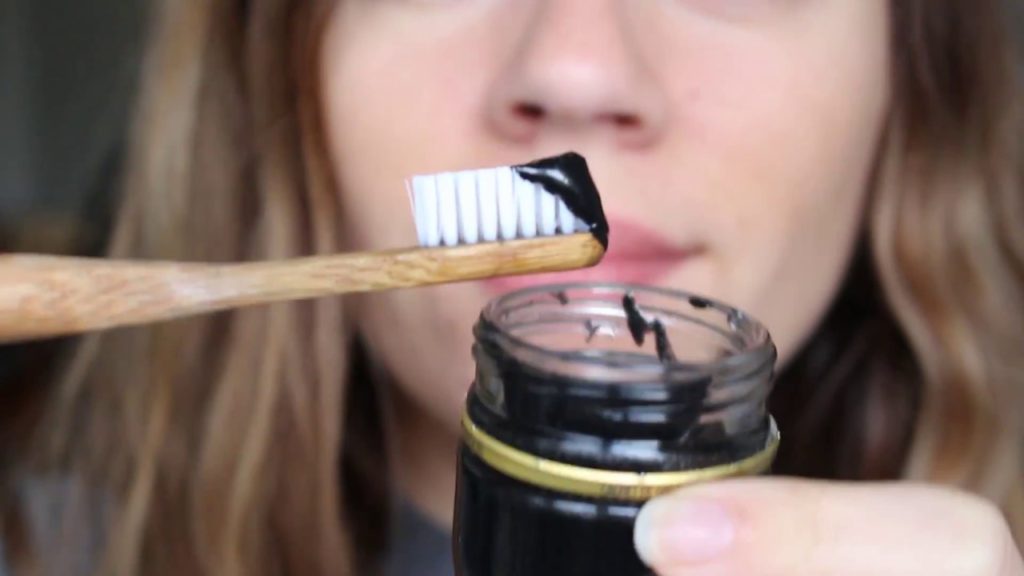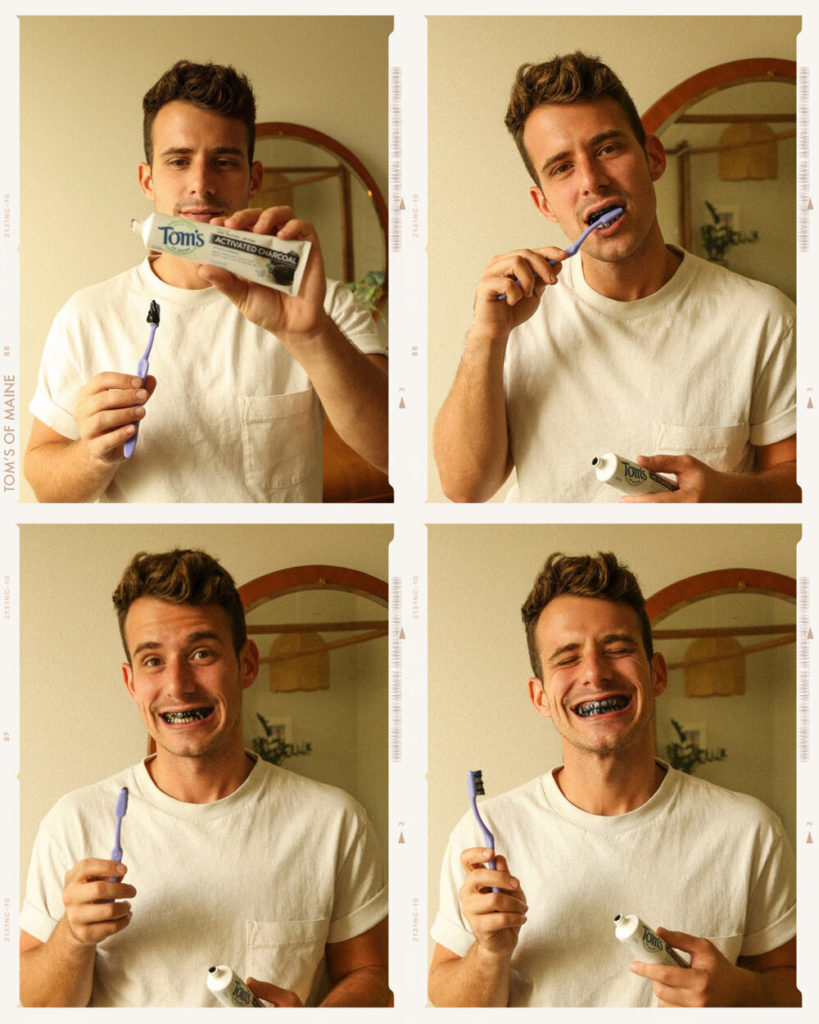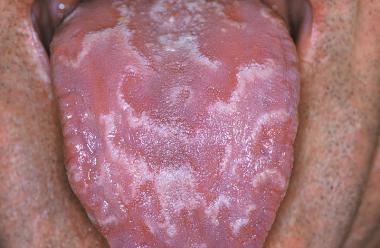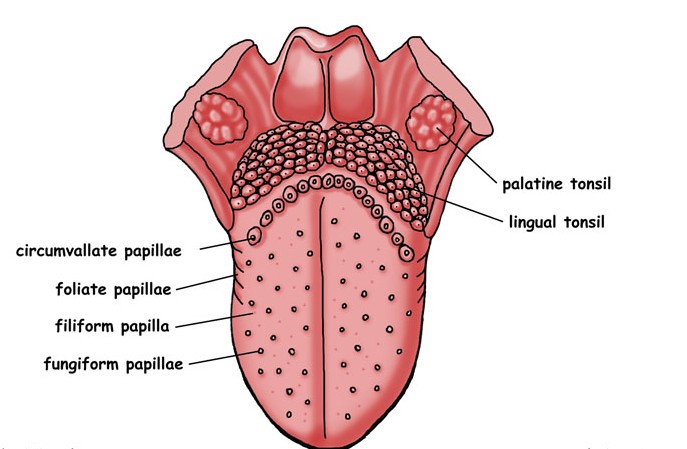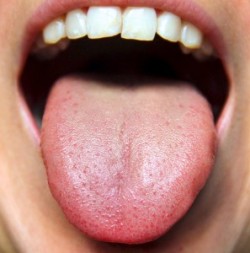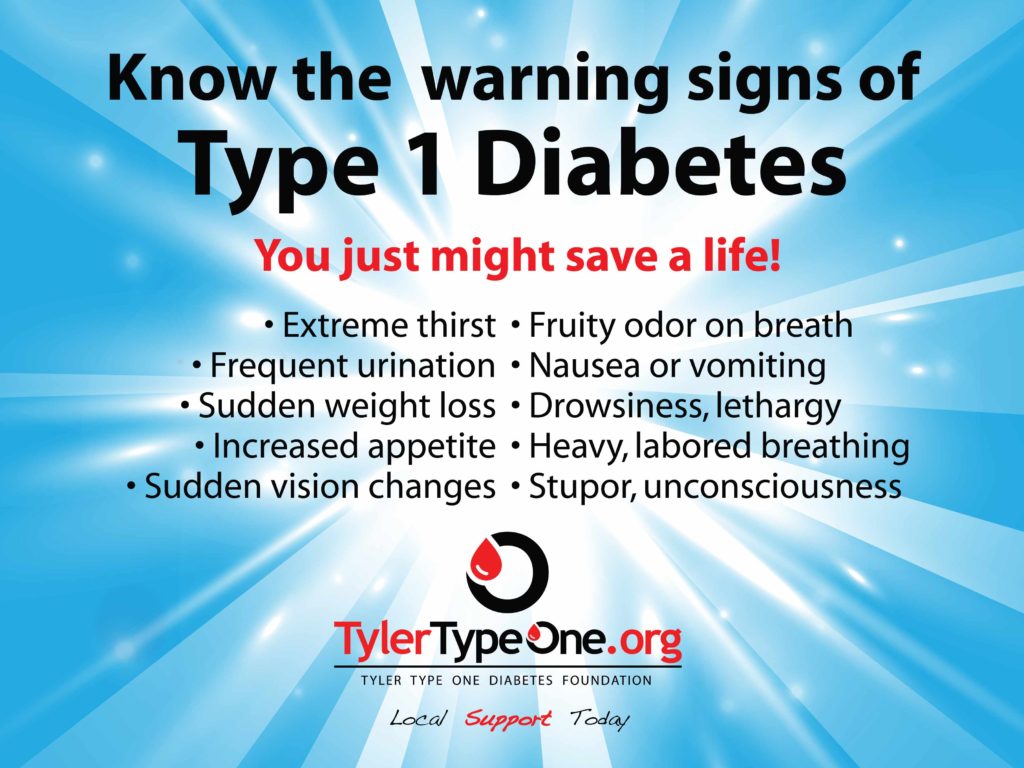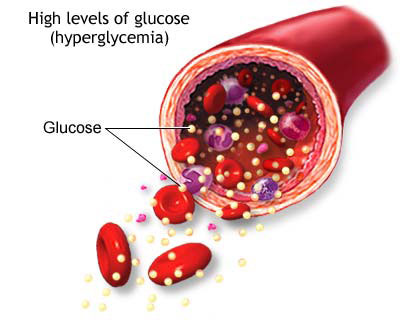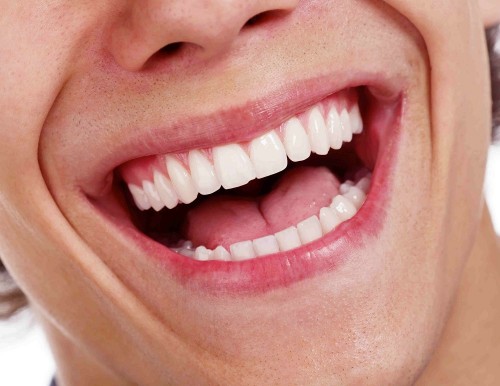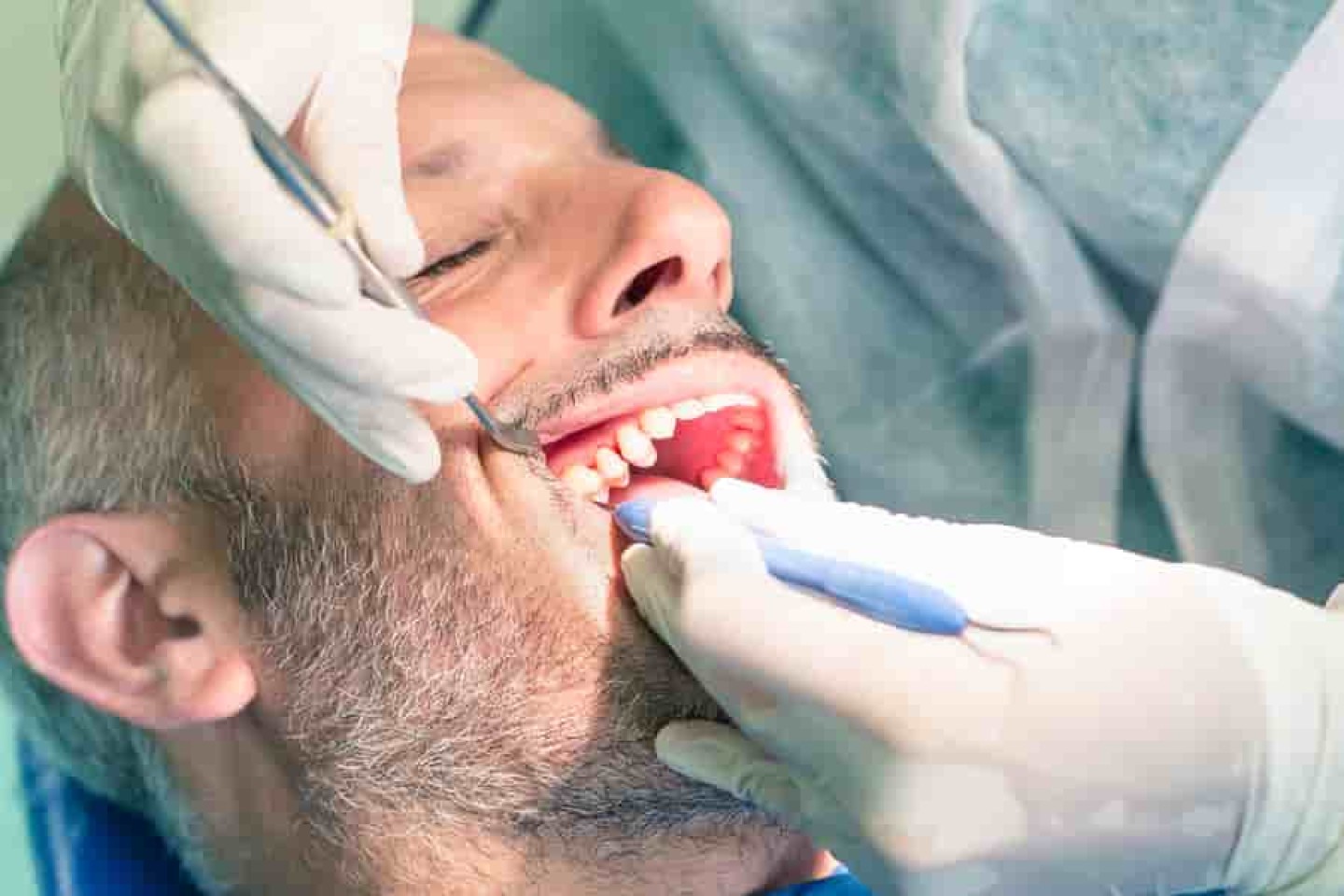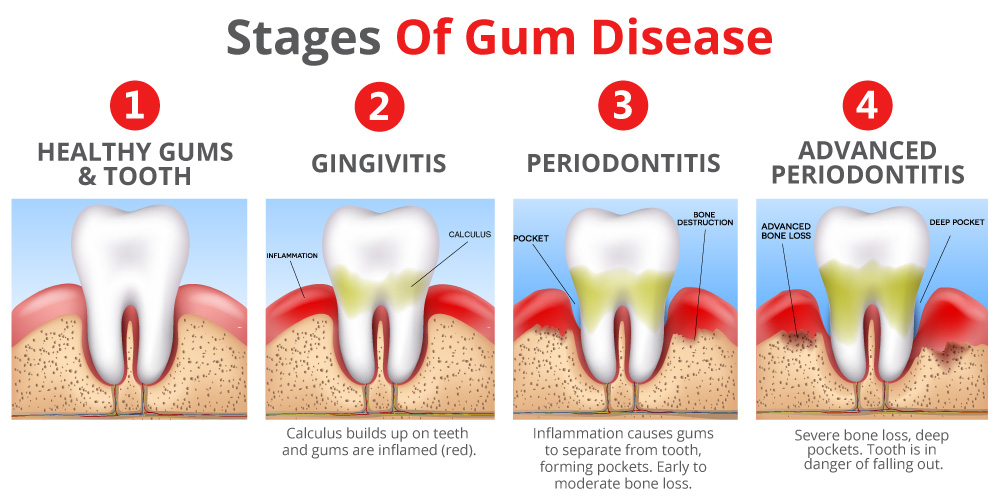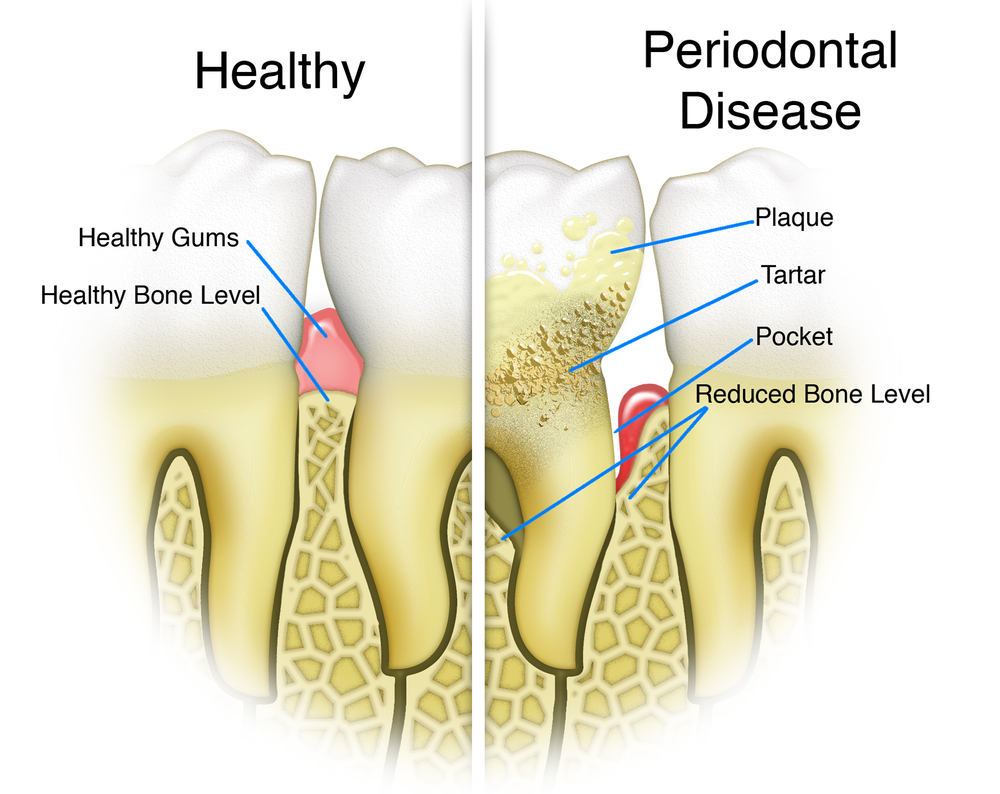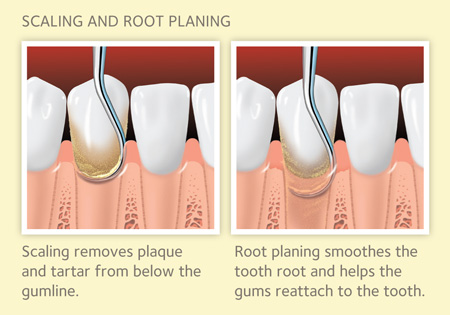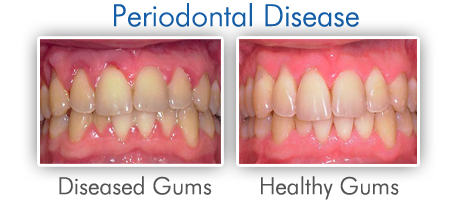True or false: Poor oral hygiene and gum disease can increase your risk for developing Alzheimer’s. If you guessed true, you’re correct! The link between oral health and systemic health has been a hot research topic over the past decade. We know that people with healthy teeth and gums tend to have less systemic health issues and vise versa. Some may think that is simply because people who value oral health also spend more time focusing on overall health, but there may be more to it. It may also have to do with the type of bacteria that set up shop in your mouth.
Human babies are born with little or no oral bacteria. We acquire the bacteria that will inhabit our mouths through birth, nursing, and exposure to environmental factors. This is one reason why dental cavities and oral health issues tend to “run in the family”. If parents have poor oral hygiene, gum disease, or a strong history of decay/gum disease, the harmful bacteria can be passed on to children through sharing spoons, drinks, kisses, etc. Most studies show that once a bacteria is present it will remain indefinitely at varying levels. The amount of each bacteria can be impacted by oral hygiene practices and overall nutrition.
A research study that was published in the Journal of Alzheimer’s Disease examined ten brain samples from patients with dementia alongside ten brain samples from people who had not had the disease. Examination of the tissues revealed the presence of a bacteria known as Porphyromonas gingivalis in the brains affected by Alzheimer’s. Porphyromonas gingivalis is a bacteria that is typically found in the mouths of people with moderate to severe periodontitis.
Generalized oral infection in patients with periodontitis leads to a constant increased level of inflammatory mediators. The increase in inflammation leads to an increased risk for oral bacteria to enter the bloodstream and infect other areas of the body. Once the bacteria makes it across the blood brain barrier, it settles in the brain and triggers a low-level inflammatory response in the brain tissues. This inflammatory response leads to destruction of brain cells (neurons) and could contribute to dementia symptoms.
Research is currently being done to create a simple blood or saliva test to determine if someone is a systemic carrier of Pophyromonas ginigivalis. Once it is determined that someone is a carrier, potential antibiotic treatment options may decrease the risk of brain tissue destruction. The best way to decrease your risk at this time is to practice excellent oral hygiene, receive regular professional dental care, and eat a nutritious diet.
